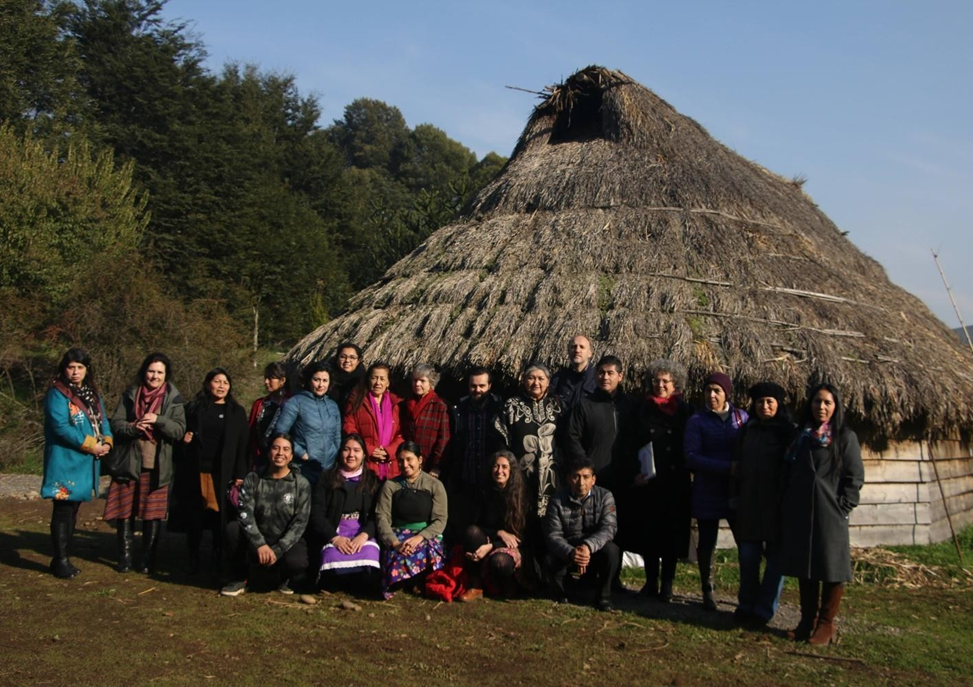
In June 2023, the Universidad Católica de Temuco (Araucanía, Chile) held a meeting on translation and interpreting in the Qom and Wichí languages of Chaco (Argentina) and Mapudungun (southern Chile). The aim was to give continuity to the recommendations that arose from a major international gathering of Native and minority language professionals (EITILOM) held in Bogotá, Colombia, just before the pandemic.
The meeting in Temuco focused on recommendations for continuous professional development and the need to make translation and interpreting services visible when bringing them into the judicial field. Why this choice? Tensions arising from colonial history and the current struggle against a model of extractivism that reduces Native communities’ likelihood of survival often come out in court, where governments’ will to respect their linguistic rights (and ultimately, human rights) are put to the test.
Over two days, translators and interpreters who work in legal settings, either as full-time staff or freelance professionals, exchanged ideas with academics who train translators, interpreters, and terminologists, as well as activists, lawyers, and judges. It became clear that, in addition to Indigenous language speakers, migrant language speakers have also become relevant in recent years and that governments and institutions have only made a few one-off attempts to respond to their needs. The obstacles are many and varied, and those of us who translate and interpret major languages have also failed to be sufficiently proactive in this area, leaving those who work with the “smaller” languages that ultimately define our world’s linguistic diversity to fend for themselves – with the few tools or resources available.
We therefore need to emphasise the ethical and political dimensions of what translators do. In an era where translation is being promoted as an essential component of the humanities, as the language of languages (as some authors say), and as a metaphor for all possible understanding, we must not lose sight of the responsibility that can historically be attributed to colonial legacy and to the disappearance of ways of knowing and thinking other than those conveyed by the so-called “central” languages. We must also be aware of how translation and interpreting can contribute to reducing social exclusion today.
Our meeting, organised by the Department of Languages and the Intercultural and Interethnic Studies Unit at Universidad Católica de Temuco, was made possible by IHES funding from the government of Chile, as well as the cooperation of several external organisations, such as the Universidad de San Martín (Argentina), the University of East Anglia (United Kingdom), AATI in Argentina, and COTICH. This video was funded by the FIT Regional Fund.
Gertrudis Payàs (COTICH)
